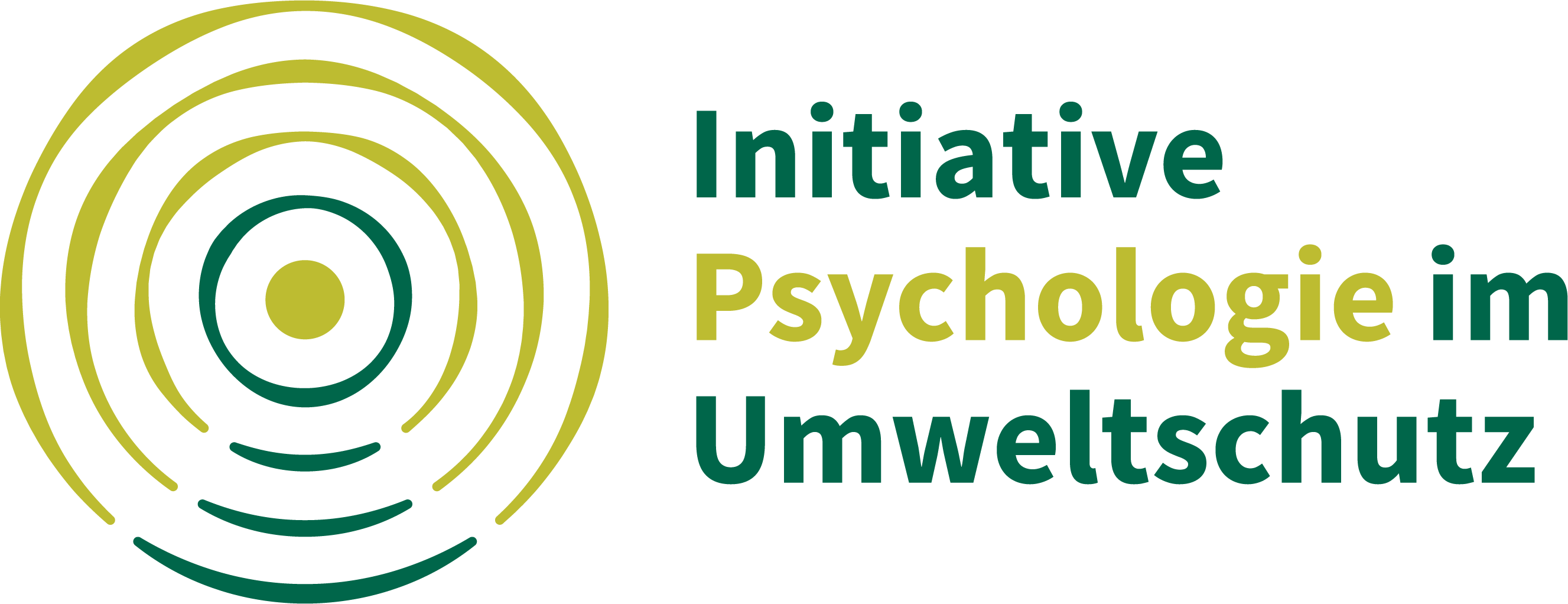
IPU - The Association
The IPU is an officially recognised association organised as a network of over 300 people spread across Germany, Austria and Switzerland.
After its inception in 1993 in Konstanz mainly collegiate groups established themselves as local and study groups in different cities.
The Main goal of the IPU is the promotion of environmental behaviour and sustainability based on insights in scientific psychology.
Our board of directors
„We want to bring environmental psychological findings to society, inspire (prospective) psychologists for environmental psychology, be a strong network, try out utopias and make a contribution to the transformation to a climate-friendly world.“
Your speakers for 2023/24- Leonie, Mara, Elea, Emilia, Justus, Luise and Clara
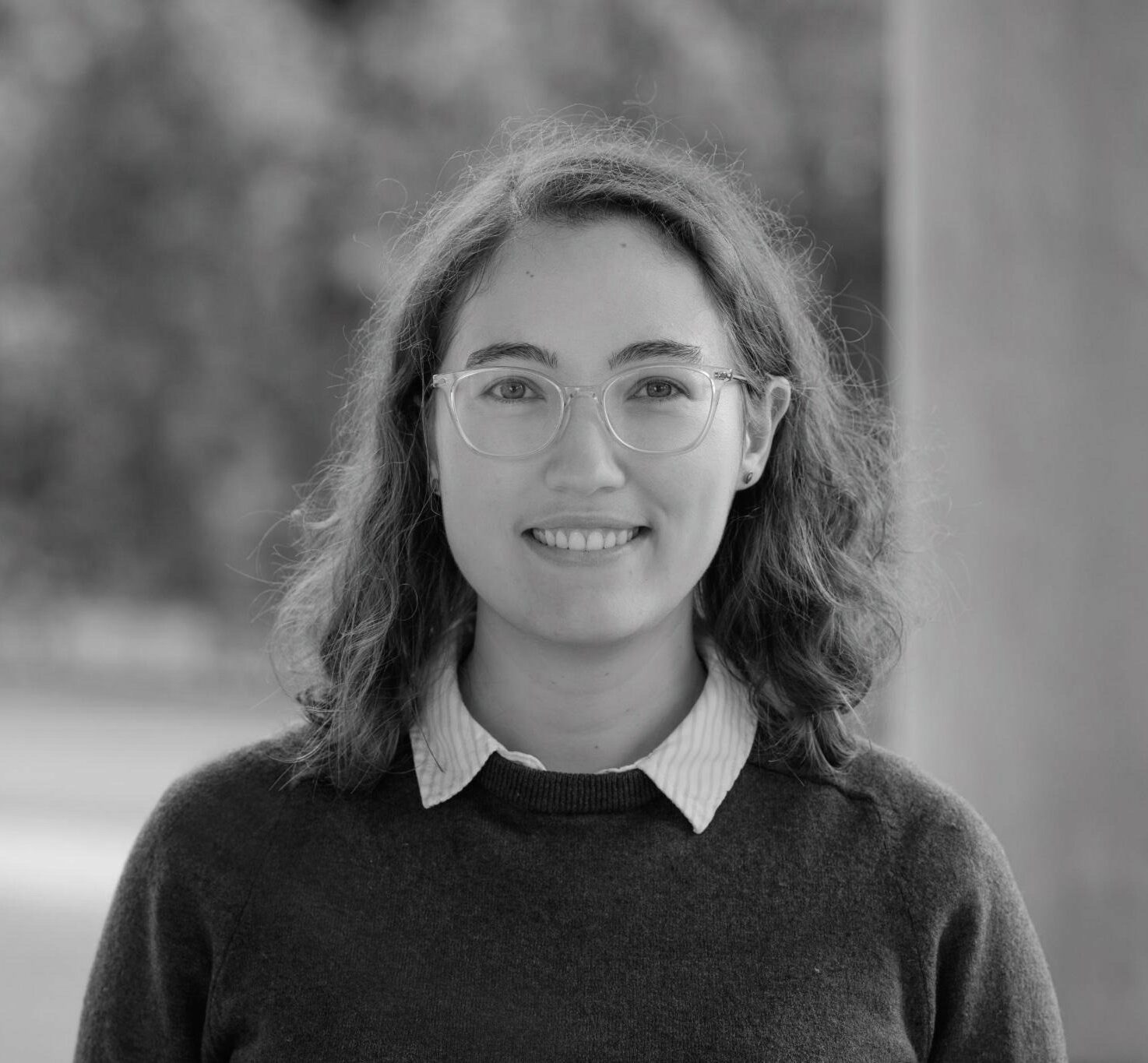
Leonie Ströbele (she/her)
Chairwoman, internship supervisor
Is doing her doctorate in the field of „Sustainable Action and Management“ at the University of Hohenheim in Stuttgart and wants to know how environmental attitudes and behavior can be increased. She also likes fantasy novels, birdsong and lazy Sundays.
„I want to network the IPUs throughout Germany even better so that cool new project ideas can be created and implemented. How about IPU workshops, IPU bike tours or IPU camping trips? Get together and get started! I’d be happy to support you!“

Mara Mosbacher (she/her)
Finances
Is studying environmental psychology at the University of Magdeburg, is currently interested in climate communication, the brain and MBSR and also reads papers in her free time. She also enjoys singing in the university’s a capella choir.
„This year, I would like to help raise awareness of environmental psychology and the opportunities to study the subject.And also to use our congresses to create an appreciative space for dealing with complex topics, reflection and networking – which also creates joy and motivation.“
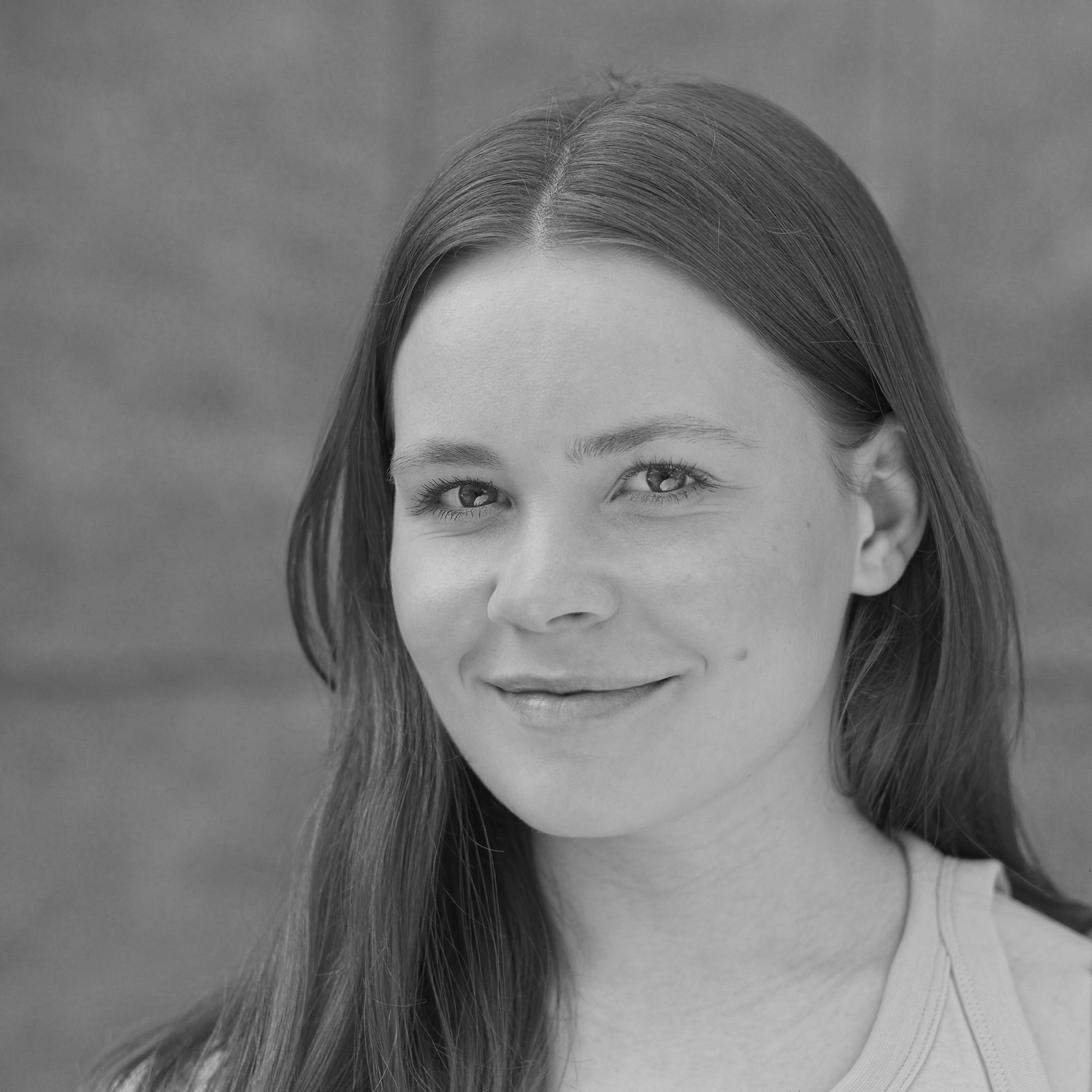
Elea Saalfrank (she/her)
Website, congress organization and concept team
Is currently doing her masters in clinical psychology and psychotherapy in Berlin and works in a research project on community-supported agriculture. Loves snow, bookshops and cycling.
„With its congresses, the IPU creates a protected space for living utopia, filled with lots of exchange and experimentation, mutual inspiration and the exploration of moving topics. I look forward to continuing the association’s work this year as part of the Board and making it accessible to even more people.“
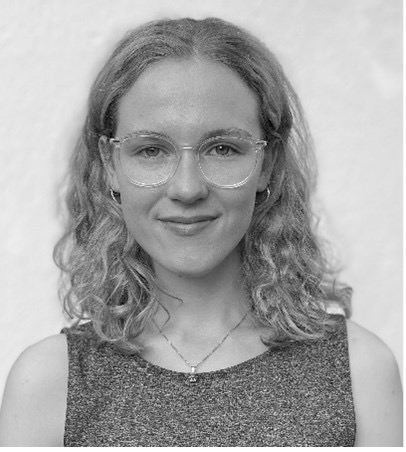
Emilia Vogt (she/her)
knowledge management, communication organization and concept team
Studies M.Sc. Clinical Psychology and Psychotherapy in Kassel, interested in the application of psychology from the individual to society. Likes feminism, festivals and books that inspire.
„How can I get involved in the environmental movement? A question that has been on my mind for a long time. I have found an opportunity with the IPU: On the one hand, networking activists and exchanging ideas, and on the other, shedding light on the role of psychology in the climate crisis and getting people (like me) into action.“
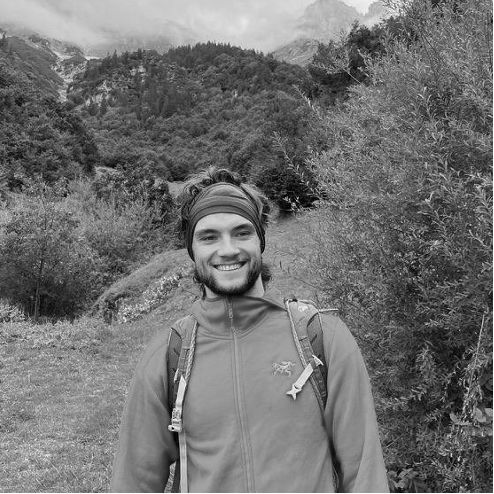
Justus Schmidt (he/him)
Congress organization and networking
Has just completed his bachelor’s degree in psychology in Mannheim and is interested in both environmental psychology research and sociological issues in the context of class and climate struggles. He is also passionately physically active in various forms.
„I would like to promote good networking within the IPU and the association’s various working groups.“
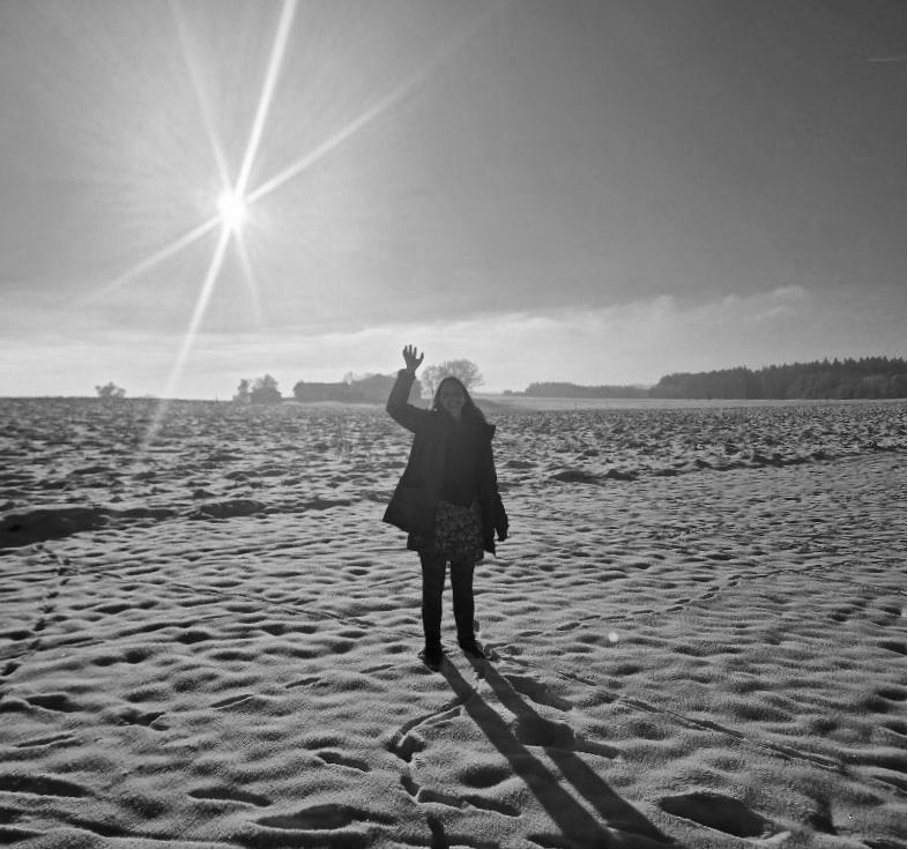
Luise (she/her)
Awareness, Fundings
In addition to environmental psychology, her research interests lie particularly in the field of diversity. Loves throwing stones in the water, coffee and cuddling animals.
„I think it makes sense to think about environmental protection, inclusion, feminism and racism together because they all require social change and contain the basic idea of the need for appreciation.“

Clara Simon (she/her)
Mailbox, internship supervision, knowledge management
Is a research assistant in the Department of Environmental Psychology at the University of Magdeburg. Loves summer, Interrail trips and pretty ceramics.
The tasks of the Executive Board are versatile and range from internal matters, such as membership administration and support, official- and financial matters to the external representation of the IPU. It is also important to link and support all other IPU offices. In addition, the Executive Board reflects on the content and objectives of the IPU and is committed to continuous development. The board members are elected at each Autumn Congress by the General Assembly of the Initiative Psychologie im Umweltschutz e.V. for a one-year term of office.
You want to know more about us, want to get involved with the association oder just want to say something?
Write us!
Our Task Forces
Our task forces are continually working on long-term goals of the IPU. They are open for everyone inerested. You can also help with organising the congress or the other tasks.
Task Force Teaching
A lot of work is being done here to integrate environmental psychology teaching at German universities. Teaching concepts are being developed for this purpose to will make it easier for universities to integrate environmental psychology into their curriculum.

Task Force Critical Environmental Psychology
The task force Critical Environmental Psychology was founded at the congress „Limits of Environmental Psychology“ in May 2019 – the aim was to ask the fundamental question whether the strongly individual-focused paradigm of environmental psychology still makes sense – and how it could be expanded. An important starting point was Critical Psychology, which has a strong social-theoretical background and a clear political positioning. The working group has set itself the goal of further developing the ideas that emerged at the congress and of bringing the disciplines of Environmental Psychology and Critical Psychology more into dialogue.
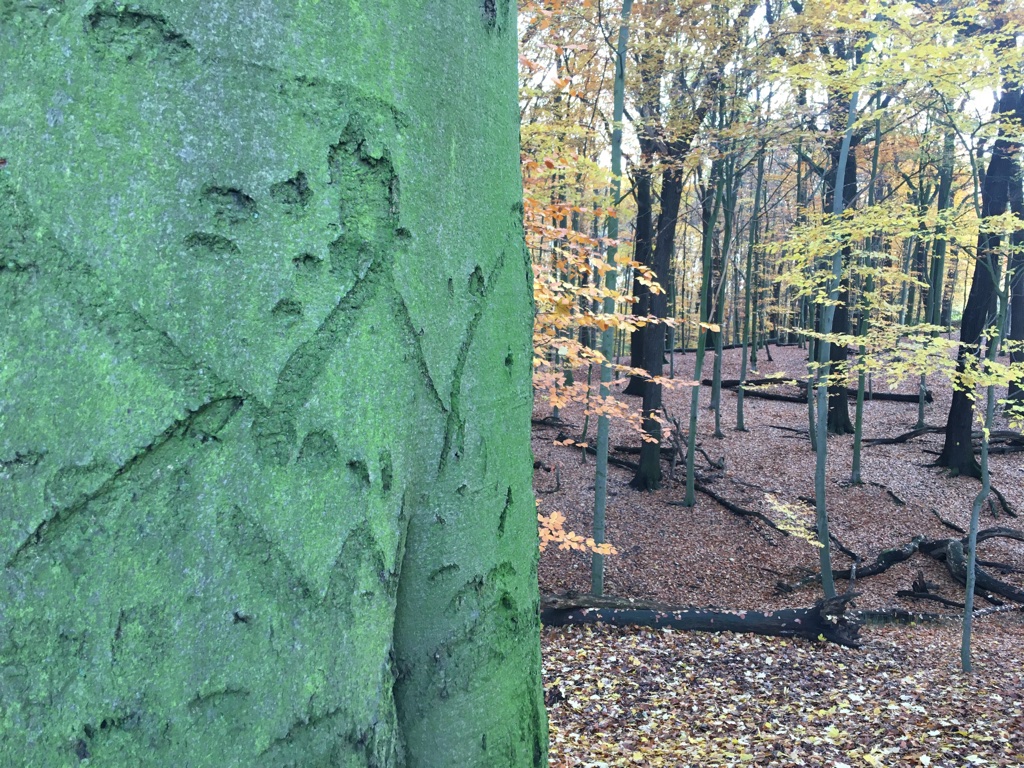
Task Force Outreach
The aim of this task force is to implement its own climate protection actions. For this purpose actions and campaigns are planned, which are then implemented locally or online. In doing so the team repeatedly draws on findings from the behavioural sciences: We want to integrate empirically proven elements such as positive emotions, nudging or self-efficacy experiences into our actions and thus motivate as many people as possible for social transformation.
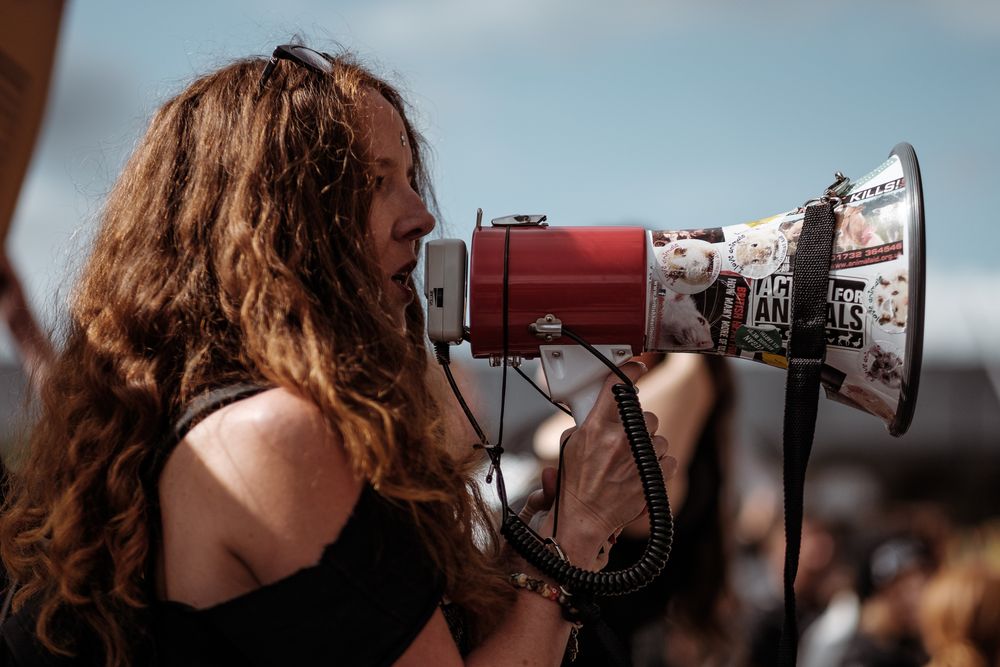
Task Force Leisure
Whether a joint sailing trip to Denmark or camping together with our partner ECOCAMPING: This task force plans joint excursions and tours, apart from the congresses. In comparison to the congresses, less content is taught at the campsites – the main focus is on exchange and the giving each other strength for the commitment to climate and environmental protection.
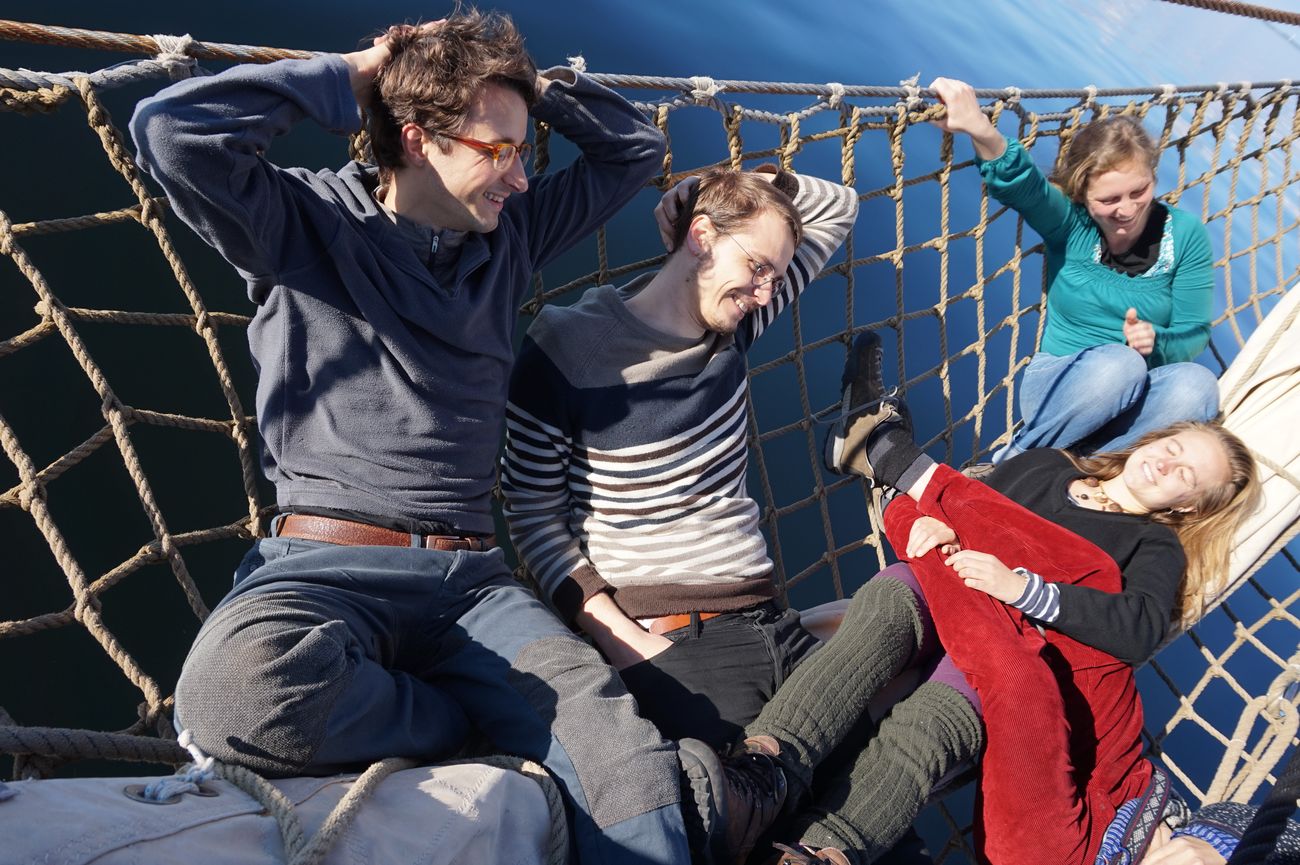
You want to become involved with the IPU?
Our Mission Statement
What is the organizational structure of the IPU?
The IPU is democratic and organised as a non-profit association. Decisions are made through the General Assembly. The management of the association’s business is the responsibility of the honorary board. The general principle of the association is to spread the workload over as many shoulders as possible. The communication between the Executive Board, individual offices and members, as well as the decisions taken within the IPU are characterized by transparency.
The association is open to any person. The prerequisite for membership is the recognition and promotion of the statutory purpose of the association.
What Values and Principles underlie the IPU?
For the IPU, environmental protection means the totality of all measures to protect the environment with the aim of preserving the natural basis of life of all living creatures and a functioning natural balance. We (the members of the IPU) consider this objective important both out of our responsibility for the well-being of living and future human beings and out of the ethical responsibility of human beings towards their environment and all living creatures, as we consider nature itself to be valuable and worthy of protection.
We are concerned with the subject of environmental protection, but also consider it in conjunction with social, economic, political and cultural factors in the sense of sustainable development. In order to promote a sustainable society, it is important, among other things, to change people’s awareness and behaviour. Psychology, as the science of human experience and behaviour, offers significant findings and methods for this goal. Therefore, we at the IPU deal with the thinking, feeling and acting of people in human-environment units and apply psychological knowledge to situations and issues relevant to environmental protection and sustainability.
We try to make our own actions sustainable and environmentally friendly according to our values.
The IPU lives through the diverse initiative and creative commitment of its members. All of them contribute to the IPU in their own way, at their own discretion and according to their own possibilities.
Our communication is supportive and understanding and is characterized by openness, acceptance and mutual appreciation.
What are the IPU´s Objectives and Tasks?
The primary objective of the IPU is to promote environmental protection and a sustainable society through the dissemination, expansion and application of psychological knowledge.
The IPU works mainly through networking. It creates and maintains an active exchange platform for members and interested parties. By bringing together professionals and students, the IPU provides professional orientation in the field of environmental protection and sustainable development. The IPU cultivates inter- and transdisciplinary cooperation and arranges contacts with various organizations (institutes, environmental associations, academic and student organizations, and environmentally oriented companies).
The core of the IPU’s activities are its biannual congresses, which are open to all members and interested parties.
The IPU offers a learning platform to enhance competencies. This is done, for example, by exchanging practical experience, imparting environmental psychological knowledge and testing communicative and organizational skills.
Within the IPU, members meet among themselves and with external partners for the practical application of environmental psychological knowledge in environmental protection and sustainability projects or for environmental psychological research projects – the implementation of which may also be financially supported by the association.
The IPU aims to raise awareness of the importance of environmental psychology and environmental protection through its presence at universities and to promote the teaching of environmental psychology.
Last but not least, the joint meetings and roundtable discussions are simply a lot of fun and pleasure for us and motivate us to remain active in the areas of environmental protection and sustainable development.

